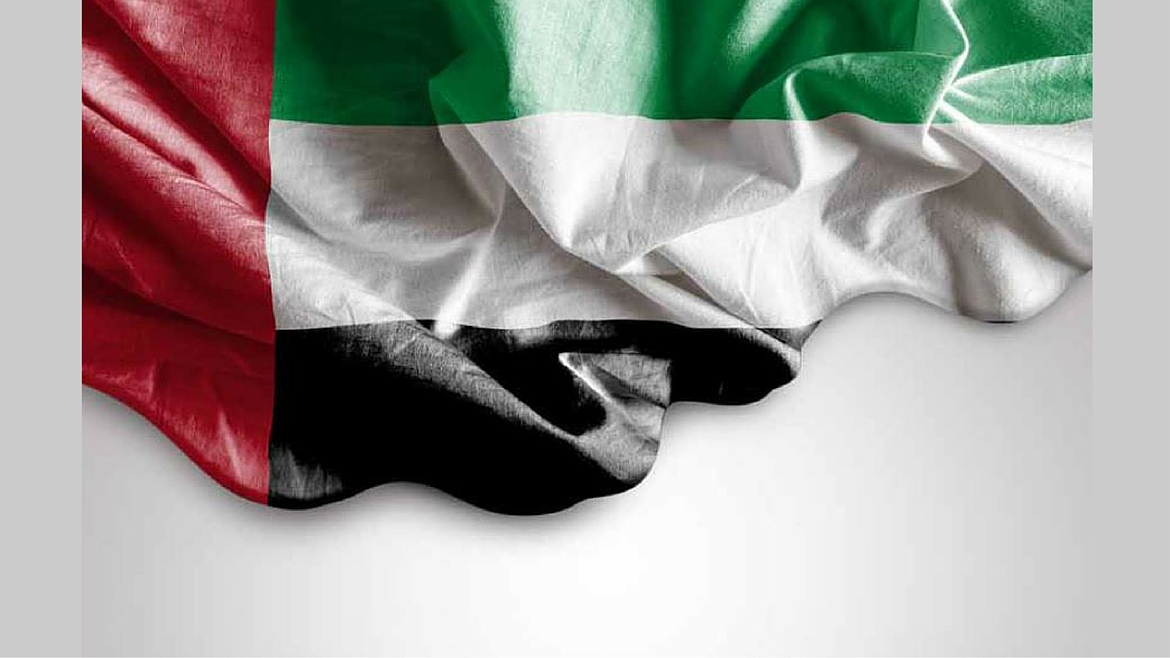Millions of expatriates work in the United Arab Emirates, attracted by a dynamic jobs market and the promise of tax-free income. But those expecting to pocket the tax break could be in for a surprise, according to a new report and documentary by The Economist Intelligence Unit, sponsored by Friends Provident International. UAE Expats and the Bottom Line finds that a range of costs of living challenges eat into the extra income of professional expats - with property and education standing out.
UAE Expats and the Bottom Line
Download Full ReportAdam is a senior editor for The Economist Intelligence Unit's thought leadership division in EMEA, focusing primarily on the Middle East and Africa. In this role, he has worked on in-depth research studies, surveys, multimedia documentaries and infographics on topics ranging from healthcare to personal finance. Previously, Adam was Deputy Editor of This is Africa, a bimonthly magazine published by the Financial Times. He also worked as Communications Officer for the International Growth Centre, a research institute based at the London School of Economics and funded by the UK Department for International Development. Adam holds a Masters in Development Studies from the School of Oriental and African Studies, with a grade of distinction, and an undergraduate degree in Philosophy and History and Philosophy of Science from the University of Leeds. His independent research and journalism has been published by the Middle East Institute.






